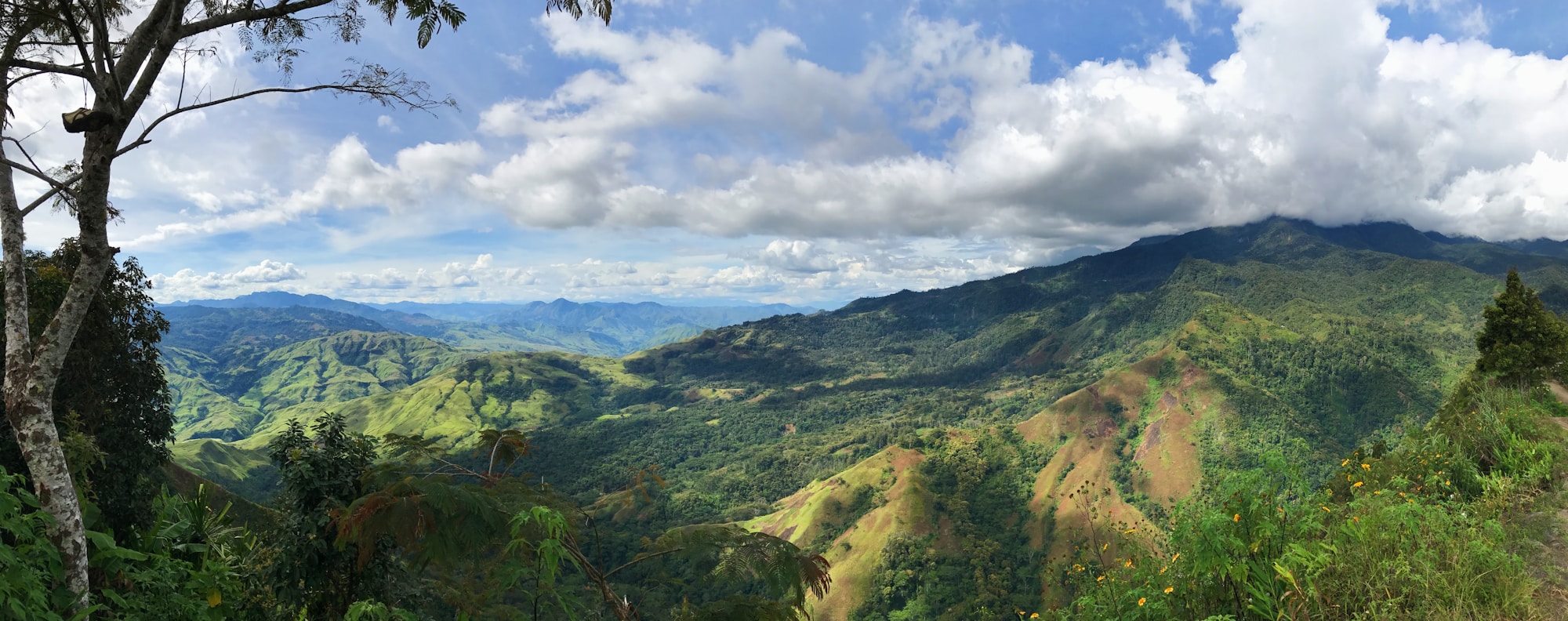Bissau: A Cultural and Historical Guide

Bissau: A Cultural and Historical Guide
Located on the Atlantic coast of West Africa, Bissau is the capital and largest city of Guinea-Bissau. This vibrant city is rich in history, culture, and natural beauty, making it an exciting destination for travelers seeking to explore a unique and off-the-beaten-path location.

Getting to Bissau
Travelers can reach Bissau by air through Osvaldo Vieira International Airport, which is served by several international airlines. Alternatively, it is also possible to arrive by boat from neighboring countries, offering a scenic approach to the city.
Exploring Bissau's History
Bissau has a fascinating history that dates back centuries. The city was originally founded by the Portuguese in the 17th century as a trading post and later became the capital of Portuguese Guinea. Visitors can learn more about this colonial past by visiting the National Museum, which houses artifacts and exhibits showcasing the country's history and cultural heritage.
Bissau's historic center, which is a UNESCO World Heritage Site, is another must-visit for history enthusiasts. Stroll through the charming streets lined with colonial-era buildings, and admire the architectural blend of Portuguese and African influences.
Immersing in Bissau's Culture
Bissau is a melting pot of cultures, and its vibrant arts scene reflects this diversity. The National Arts Institute is a great place to experience local music, dance, and theater performances. Throughout the year, the city also hosts various cultural festivals that celebrate traditional music, dance, and cuisine.
For a taste of Bissau's culinary delights, head to the local markets and sample delicious dishes such as rice with palm oil, grilled fish, and cachupa, a traditional hearty stew. Don't forget to try the refreshing cashew wine, a popular local beverage!
Exploring Bissau's Natural Beauty
Bissau is blessed with stunning natural landscapes that are waiting to be discovered. The Bijagós Archipelago, located off the coast of Bissau, is a protected UNESCO Biosphere Reserve, home to diverse wildlife, pristine beaches, and mangrove forests. Take a boat trip to explore the archipelago's islands, spot rare bird species, and swim in crystal-clear waters.
If you prefer to stay closer to the city, head to Bissau Velho, a picturesque neighborhood known for its scenic views over the bay. Take a leisurely walk along the promenade, enjoy a picnic in one of the lush parks, or simply soak up the sun on the sandy shores.
Practical Tips for Travelers
- It is advisable to check the latest travel advisories and obtain any necessary visas before visiting Bissau.
- The official language is Portuguese, but many locals also speak Crioulo, a Creole language.
- The local currency is the West African CFA franc (XOF), and credit cards may not be widely accepted, so it's best to carry cash.
- For transportation within the city, taxis and shared minivans, known as "toca-tocas," are the most common modes of transport.
- It's important to respect local customs and traditions, dress modestly, and ask for permission before taking photographs of people.
- Be sure to stay hydrated and protect yourself from mosquito bites by using repellent and wearing appropriate clothing.
Embark on an unforgettable journey to Bissau, where history, culture, and natural beauty intertwine to create a truly enriching travel experience. Get ready to explore this hidden gem of West Africa!
